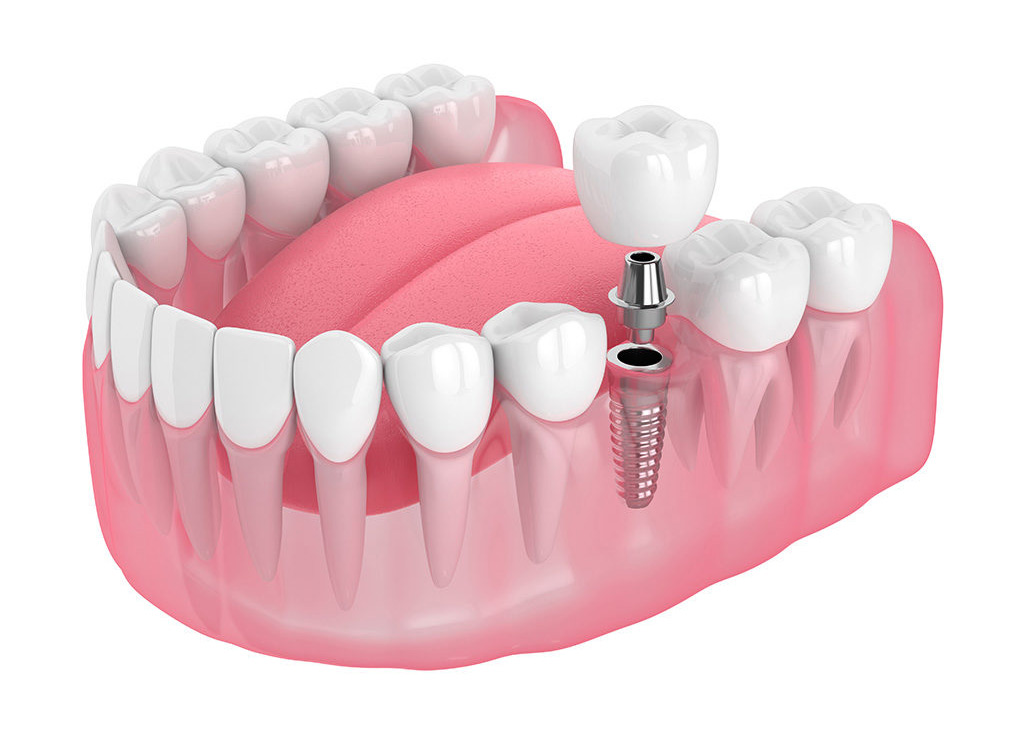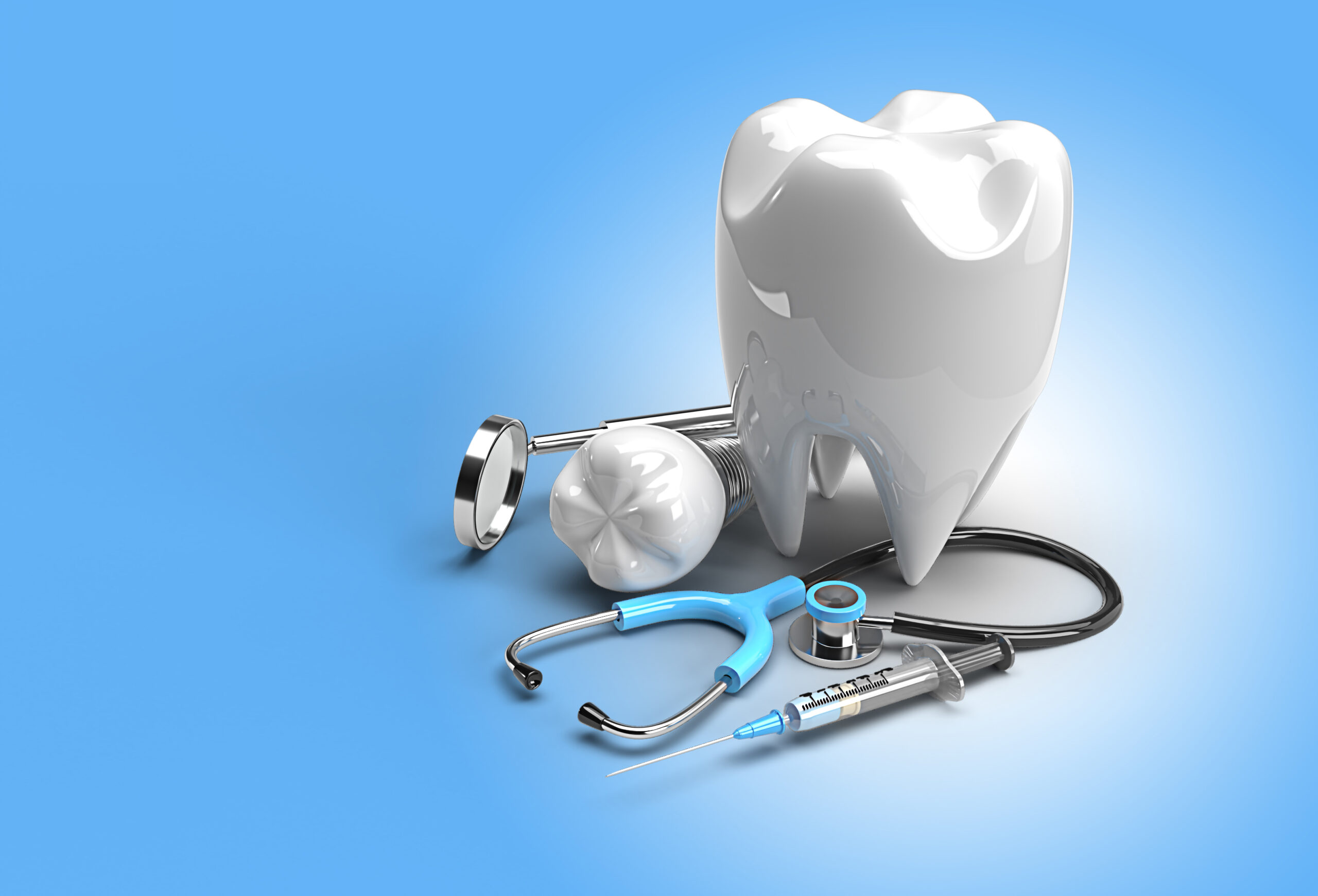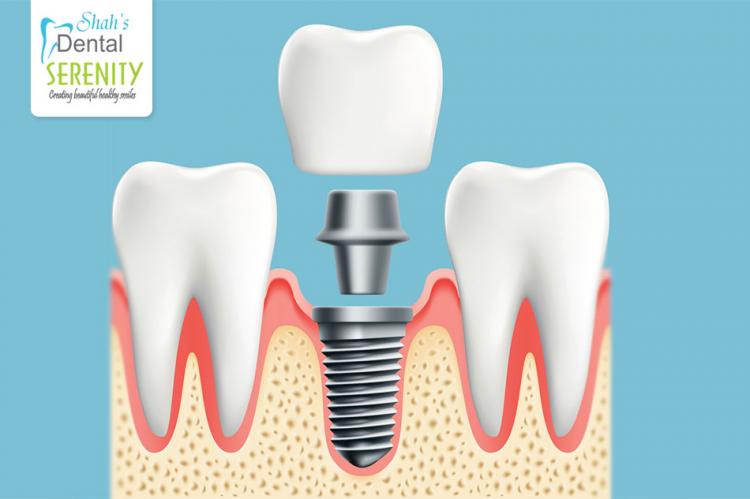The Benefits of Dental Implants vs. Other Tooth Replacement Options
Dental implants have revolutionized the field of dentistry, providing a long-lasting and effective solution for replacing missing teeth. Unlike traditional alternatives such as dental bridges or dentures, dental implants offer numerous advantages that make them the ultimate tooth replacement option. In this article, we will explore the benefits of dental implants compared to other alternatives, allowing you to make an informed decision about your oral health and smile restoration.
When it comes to tooth replacement, it is crucial to understand the available options and their respective benefits. Dental implants have gained significant popularity due to their ability to mimic the natural tooth structure and provide optimal functionality. Dental implants are artificial tooth roots that are surgically placed into the jawbone, providing a stable foundation for replacement teeth.
Dental Implants: The Ultimate Tooth Replacement Solution
How dental implants work
Dental implants consist of three main components: the implant itself, the abutment, and the prosthetic tooth. The implant is made of biocompatible titanium, allowing it to fuse with the jawbone through a process called osseointegration. Once the implant integrates with the bone, the abutment is attached to connect the implant and the prosthetic tooth, which is custom-made to match the patient’s natural teeth.
Benefits of dental implants
Improved oral health and hygiene
One of the significant benefits of dental implants is the preservation of oral health. Unlike other tooth replacement options, such as dental bridges, dental implants do not rely on adjacent teeth for support. This means that neighboring healthy teeth are left intact, reducing the risk of decay or damage. Additionally, dental implants stimulate the jawbone, preventing bone loss and maintaining the facial structure.
Enhanced chewing and speaking abilities:
Proper chewing is essential for digestion and overall health. Dental implants function just like natural teeth, providing a stable and strong biting surface. Unlike dentures that may slip or cause discomfort while eating, dental implants allow individuals to chew with confidence and enjoy a varied diet without restrictions. This improves the overall quality of life, as individuals can savor their favorite foods and maintain a balanced and nutritious diet.
In addition to improved chewing, dental implants also enhance speaking abilities. Missing teeth or ill-fitting dentures can affect speech clarity, causing individuals to mumble or slur their words. Dental implants eliminate these concerns by providing a secure foundation for replacement teeth. With dental implants, individuals can regain their clear and articulate speech, boosting their self-confidence in social and professional interactions.
Dental Bridges: A Traditional Alternative
While dental implants offer numerous advantages, it is important to consider alternative options to make an informed decision. Dental bridges have been a popular choice for replacing missing teeth for many years.
How dental bridges work
Dental bridges consist of artificial teeth (pontics) that are anchored in place by dental crowns attached to the adjacent healthy teeth. The crowns act as anchors, holding the pontics securely in position. This creates a bridge-like structure, filling the gap left by the missing tooth.
Advantages and limitations of dental bridges
Restores chewing ability
Similar to dental implants, dental bridges restore the ability to chew and bite properly. They provide a stable biting surface, allowing individuals to eat a wide range of foods comfortably
Requires support from adjacent teeth
Unlike dental implants, which are self-supporting, dental bridges rely on the support of adjacent healthy teeth. The neighboring teeth need to be prepared by removing some of their enamel to accommodate the dental crowns. This alteration to healthy teeth can weaken their structure and potentially lead to future dental issues.
Increased risk of decay and gum disease
Dental bridges can make it challenging to clean the area between the artificial tooth and the gums. This can lead to an accumulation of plaque and bacteria, increasing the risk of decay and gum disease. Additionally, dental bridges do not stimulate the jawbone, which can result in bone loss over time.
Dentures: An Affordable Option
Dentures have long been a popular and affordable option for replacing missing teeth. They are removable dental appliances that consist of artificial teeth set in a gum-colored base.
Types of dentures
There are two main types of dentures: complete dentures and partial dentures. Complete dentures are used when all the teeth in an arch (either upper or lower jaw) are missing. Partial dentures are used when some natural teeth remain in the arch.
Pros and cons of dentures
Immediate results
Dentures provide a relatively quick solution for replacing missing teeth. Once the necessary measurements and impressions are taken, the dentures can be fabricated and fitted within a few appointments.
Requires regular maintenance
Dentures require regular cleaning and maintenance to ensure oral hygiene. They need to be removed and cleaned daily, and special care must be taken to clean the gum area beneath the dentures.
Potential discomfort and reduced functionality
While dentures can restore some degree of chewing functionality, they may not offer the same level of stability and biting force as dental implants. Ill-fitting dentures can cause discomfort, sore spots, and difficulty speaking or eating certain foods.
In the next section, we will compare dental implants with other tooth replacement options to help you make an informed decision.
Comparison: Dental Implants vs. Other Tooth Replacement Options
When considering tooth replacement options, it is important to evaluate various factors that can impact your oral health, comfort, aesthetics, and long-term cost-effectiveness. Let’s compare dental implants with dental bridges and dentures to determine the superior choice for your needs.
Long-term cost-effectiveness
While dental implants may have a higher upfront cost compared to dental bridges or dentures, they offer long-term cost-effectiveness. Dental implants are designed to be a permanent solution, and with proper care and maintenance, they can last a lifetime. On the other hand, dental bridges may need to be replaced every 10 to 15 years, and dentures may require relining or replacement as the jawbone changes over time.
Impact on oral health and adjacent teeth
Dental implants have a significant advantage when it comes to preserving oral health. Unlike dental bridges, which rely on adjacent teeth for support, dental implants do not require any alterations to healthy teeth. This means that neighboring teeth are not compromised or weakened by the restoration. In contrast, dental bridges may increase the risk of decay and gum disease due to the difficulty of cleaning beneath the artificial tooth.
Comfort and functionality
When it comes to comfort and functionality, dental implants outshine both dental bridges and dentures. Dental implants are anchored securely in the jawbone, providing stability and a natural biting force that closely resembles natural teeth. This allows individuals to eat, speak, and smile with confidence, without the worry of slippage or discomfort. Dentures, although affordable, can sometimes cause sore spots, speech difficulties, and reduced biting force.
Aesthetics and self-confidence
Dental implants offer the most aesthetically pleasing results among tooth replacement options. The custom-made prosthetic tooth is designed to match the color, shape, and size of your natural teeth, creating a seamless and natural-looking smile. Dental bridges and dentures, although capable of restoring your smile, may not provide the same level of realism. The stability of dental implants also boosts self-confidence, as there is no fear of the restoration coming loose or shifting during social interactions.
Maintenance and care
Dental implants require minimal special care and maintenance. They can be cared for just like natural teeth, with regular brushing, flossing, and routine dental check-ups. Dental bridges require meticulous cleaning, particularly around the artificial tooth and beneath the bridge. Dentures need to be removed and cleaned daily, and special denture cleaning solutions are required.
Considering these factors, dental implants emerge as the superior tooth replacement option for many individuals. However, it is important to consult with a dental professional to assess your individual suitability for dental implants and discuss the treatment plan.
The Importance of Consulting a Dental Professional
Choosing the right tooth replacement option is a decision that should be made in consultation with a dental professional. Their expertise and knowledge will guide you through the process, ensuring that you make an informed decision about your oral health and smile restoration. Here’s why consulting a dental professional is essential:
Individual suitability and treatment planning
Every individual’s oral health is unique, and what works for one person may not be suitable for another. A dental professional will thoroughly examine your oral cavity, assess the condition of your teeth and jawbone, and take into account any pre-existing dental issues or medical conditions. Based on this evaluation, they will determine if you are a suitable candidate for dental implants or if another tooth replacement option would be more appropriate.
The dental professional will also create a personalized treatment plan tailored to your specific needs. This plan may include procedures such as bone grafting or sinus lifts, which are sometimes necessary to ensure the success of dental implant surgery. By consulting a dental professional, you can receive a comprehensive evaluation and a customized treatment plan that aligns with your oral health goals.
Precautions and risks
Dental implant surgery, like any surgical procedure, carries certain risks. Consulting a dental professional allows you to fully understand these risks and take appropriate precautions. The dental professional will discuss any potential complications, such as infection, nerve damage, or implant failure, and explain the steps taken to minimize these risks.
By being aware of the potential risks and having a clear understanding of the procedure, you can make an informed decision and give your informed consent. The dental professional will also inform you about any pre-operative instructions, such as dietary restrictions or medication adjustments, to ensure a smooth and successful surgery.
Recovery and aftercare
Following dental implant surgery, a proper recovery period is essential for the implants to integrate with the jawbone effectively. A dental professional will provide detailed aftercare instructions to promote healing and minimize discomfort. This may include guidelines for oral hygiene, dietary restrictions, pain management, and information on when to schedule follow-up appointments.
Regular follow-up appointments are crucial to monitor the progress of the healing process and the integration of the implants. These appointments allow the dental professional to make any necessary adjustments, assess the success of the procedure, and address any concerns or complications that may arise.
By consulting a dental professional and following their guidance throughout the process, you can ensure the best possible outcome for your dental implant treatment.
Conclusion
In conclusion, dental implants offer numerous benefits compared to other tooth replacement options. They provide improved oral health, enhanced chewing and speaking abilities, natural aesthetics, and long-term cost-effectiveness. Dental implants function and look like natural teeth, giving individuals the confidence to eat, speak, and smile without restrictions or discomfort.
While dental bridges and dentures are viable alternatives, they have their limitations. Dental bridges rely on adjacent healthy teeth for support, potentially compromising their integrity. Dentures, although affordable, can be less stable and may require regular adjustments. In contrast, dental implants offer a permanent and reliable solution that preserves oral health and provides a natural-looking smile.
However, it is important to consult with a dental professional to determine your individual suitability for dental implants. A dental professional will assess your oral health, discuss the treatment plan, and guide you through the entire process. They will provide personalized care and ensure that you are well-informed about the benefits, risks, and aftercare involved in dental implant surgery.
By choosing dental implants with the guidance of a dental professional, you can enjoy the benefits of a complete and functional smile. Don’t hesitate to schedule a consultation and take the first step toward restoring your confidence and oral well-being.
FAQs (Frequently Asked Questions)
Are dental implants painful?
Answer: Dental implant surgery is typically performed under local anesthesia, ensuring that the procedure is virtually painless. Some discomfort or soreness may be experienced during the recovery period, but it can be managed with prescribed pain medication.
How long do dental implants last?
Answer: With proper care and maintenance, dental implants have the potential to last a lifetime. Regular oral hygiene practices, routine dental check-ups, and avoiding habits such as smoking can contribute to the longevity of dental implants.
Can anyone get dental implants?
Answer: Dental implants are suitable for many individuals, but certain factors such as overall health, jawbone density, and gum health need to be evaluated. Your dental professional will assess your eligibility and determine if dental implants are the right choice for you.
What is the recovery time after dental implant surgery?
Answer: The recovery time after dental implant surgery can vary depending on individual circumstances. In general, it takes several months for the implants to fully integrate with the jawbone. During this period, you will have follow-up appointments with your dental professional to monitor the healing process.
Can dental implants be used to replace multiple missing teeth?
Answer: Yes, dental implants can be used to replace multiple missing teeth. Depending on the number and location of the missing teeth, your dental professional will develop a treatment plan that may include implant-supported bridges or dentures.






